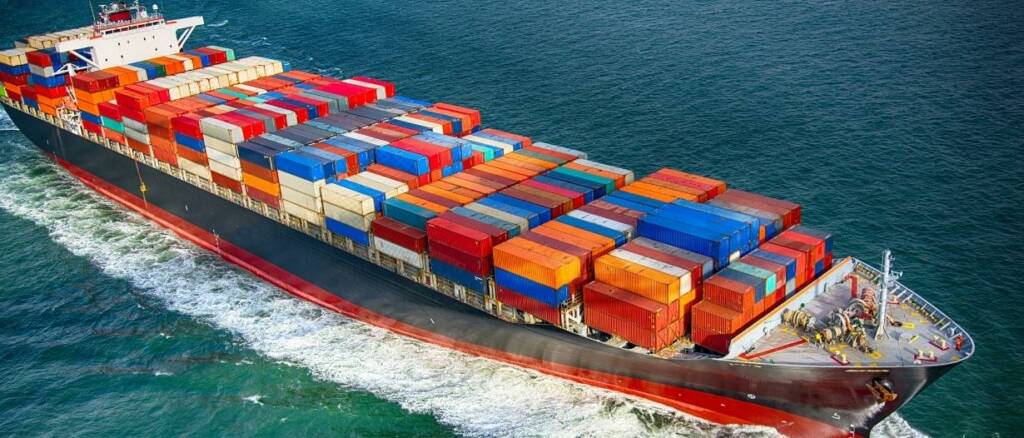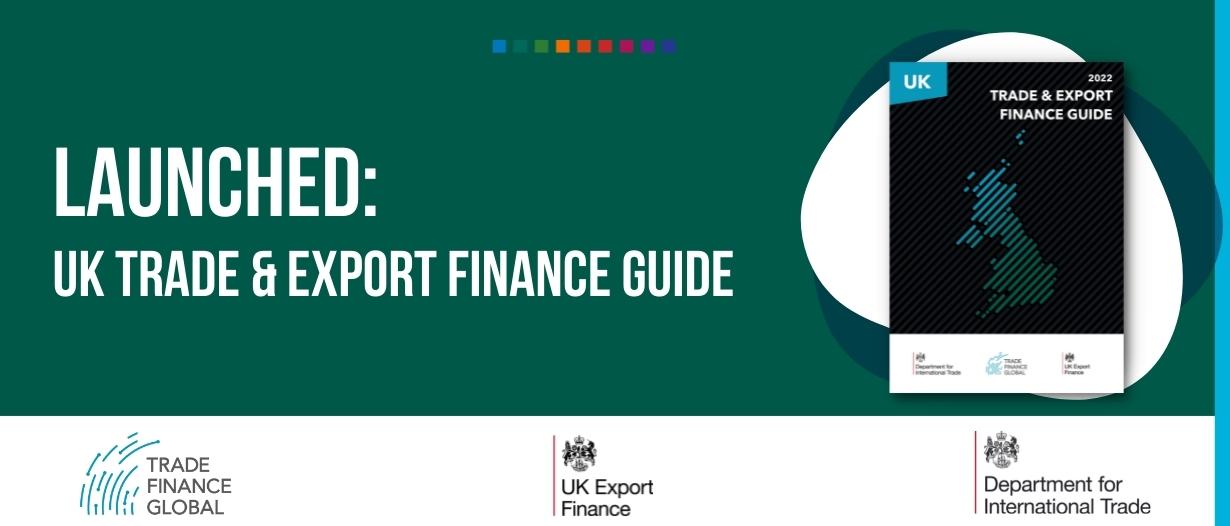Trade Finance Global (TFG) has partnered with UK Export Finance (UKEF), the UK government’s export credit agency, and Department for International Trade (DIT) to produce the UK Trade & Export Finance Guide.
The 60-page guide comes against a backdrop of complex geopolitical circumstances and an ever-changing financial landscape.
Exploring recent issues, such as the COVID-19 pandemic, Brexit, and the current Russia-Ukraine conflict, this guide aims to paint a clearer picture of how to navigate the current economic status of the industry.
Tim Reid, director of business group at UK Export Finance, says: “Exports can help businesses increase profits and grow, especially when you are supplying to industries that are growing faster outside of the UK.
“That’s why we are pleased to be working with Trade Finance Global to help business leaders understand the benefits of trade and how the right finance can unlock new opportunities.
“As the UK’s national export credit agency, we can help businesses tap into global markets by making export finance and insurance more accessible.”
Mark Abrams, global head of trade and receivables finance at TFG, says: “During these uncertain times a guide such as this one can really help shed light on UK trade and export requirements.”
This latest guide begins with a brief definition of trade finance, as well as its advantages in financing a company’s future development.
Next, the guide provides an insight into the trade cycle, along with the nuances of undertaking or expanding international trade ventures in the context of the financing gap.
The guide also provides UK exporters with detailed information regarding UKEF’s trade finance and insurance products for a more complete picture of the sector.
Elsewhere, the guide distinguishes between funded and unfunded trade finance, ensuring a thorough summary of underlying dynamics in buyer-seller relationships.
Transacting across borders can be a complicated affair, as such, the trade and export finance guide examines pre-shipment, post-shipment, and supply chain finance giving an overview of associated risks.
Examples of how this all comes together is shown through two UK case studies; First Subsea, a designer and manufacturer of cable protection systems for offshore wind farms, and Union Papertech, a British tea and coffee supplier.

About DIT
The UK’s Department for International Trade (DIT) helps businesses export, drives inward and outward investment, negotiates market access and trade deals, and champions free trade.
We are an international economic department, responsible for:
- supporting and encouraging UK businesses to drive sustainable international growth
- ensuring the UK remains a leading destination for international investment
- opening markets, moulding the trade environment with new and existing partners which is free and fair
- using trade and investment to underpin the government’s agenda for a Global Britain and its ambitions for prosperity, stability and security worldwide
About Trade Finance Global
Trade Finance Global (TFG) is the leading B2B fintech in trade finance.
TFG’s data-led origination platform connects companies with innovative trade and receivables finance solutions from over 300 financial institutions.
This is combined with TFG’s award-winning content, informing a global audience of 160k monthly readers (6.2m impressions) – across app, podcasts, videos, magazines and research.
We help companies scale up their trade volumes by matching them with appropriate financing structures based on product, sector, location, and trade cycle.
Often the financing solution that you are looking for can be complicated, but it is our job to help you find the right one for you and your business.
About UK Export Finance
UK Export Finance is the UK’s export credit agency and a government department, working alongside the Department for International Trade as an integral part of its strategy and operations.
Established in 1919, its mission is to advance prosperity by ensuring no viable UK export fails for lack of finance or insurance, doing that sustainably and at no net cost to the taxpayer.
Download the 2022 Export Finance Guide





























